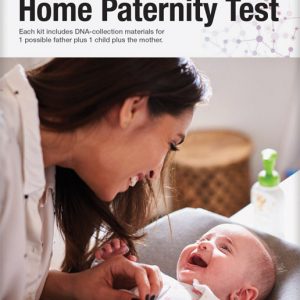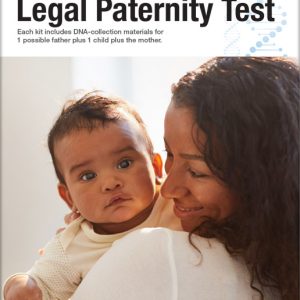Mark Zuckerburg has the right idea. Shortly after he announced a new paternity leave policy for Facebook employees, he took the leave himself! He’s probably due to return to work soon, and while he’s been away, the media has embraced his story, with coverage and photo’s of him at the diaper station. It’s clear that he’s not only taking he leave for his family, but perhaps for all working families. Like his first baby (Facebook), he’s very much championing the philosophy of encouraging fathers to be home for the first weeks and months of a new baby’s life.
This wasn’t always the case, and remains the exception rather than the rule. Just a generation ago, the norm was a single income from Dad, and a life at home for Mom. She was to perform her maternal duties, at home, just like he was to perform his, at work. He worked, she didn’t (or so we said).
The very reality of “work” that’s often associated with parental roles has changed dramatically in the last 100 years. The agrarian family mission was to create a workforce. It took a small village to keep the farm running; kids were a necessary part of the workforce, and heirs to the family farm.
Today, and for the foreseeable future, the agrarian lifestyle is gone. Two income families are becoming the norm, often drive by necessity of a mortgage and school tuition. But often too by choice, as more women graduate from universities looking for more—looking to join the workforce and compete alongside male graduates.
But women continue to fulfill the role of mom, and although family size may be on the decline, working and non-working women continue to have children. Working society that used to think dad needed a week at the most to check in at home and provide a little relief for mom is wondering if dad deserves more.
The movement to paternity leave is undeniable. A week in turning into a month, and the ultra-competitive San Jose crowd is competing over who can offer the longest time (up to a year) AND how much of the time is paid. Virgin Atlantic was the first to make headlines with their generous policy in June 2015, although since the announcement people have found it not to be less than advertised.
Here are a few policies as of January 1, 2016:
NETFLIX: Unlimited paid leave for the first year.
Facebook: Up to 4 months paid leave.
Yahoo: 16 weeks for mothers, 8 weeks for fathers.
Virgin Atlantic: Up to 52 weeks of paid leave (clarified here—few qualify)
As the US federal and state governments are the nations largest employers, it will be interesting where paternity policy for government employees goes in 2016. But the trend says it will be improving. Like most policies, however it may be lined with red tape. Perhaps a paternity test may be necessary to qualify? At the very least, a review of Maury shows might reveal some relevant history for those looking to stay home with newborns!
Top 5 Reasons to Get a Home Paternity Test
Choosing to take a paternity test for either yourself or your child can be an emotionally challenging experience, but there are many benefits to taking this step. Call Now: Article Contents: 1. Peace of Mind 2. Convenience 3. Understanding Medical History...






0 Comments